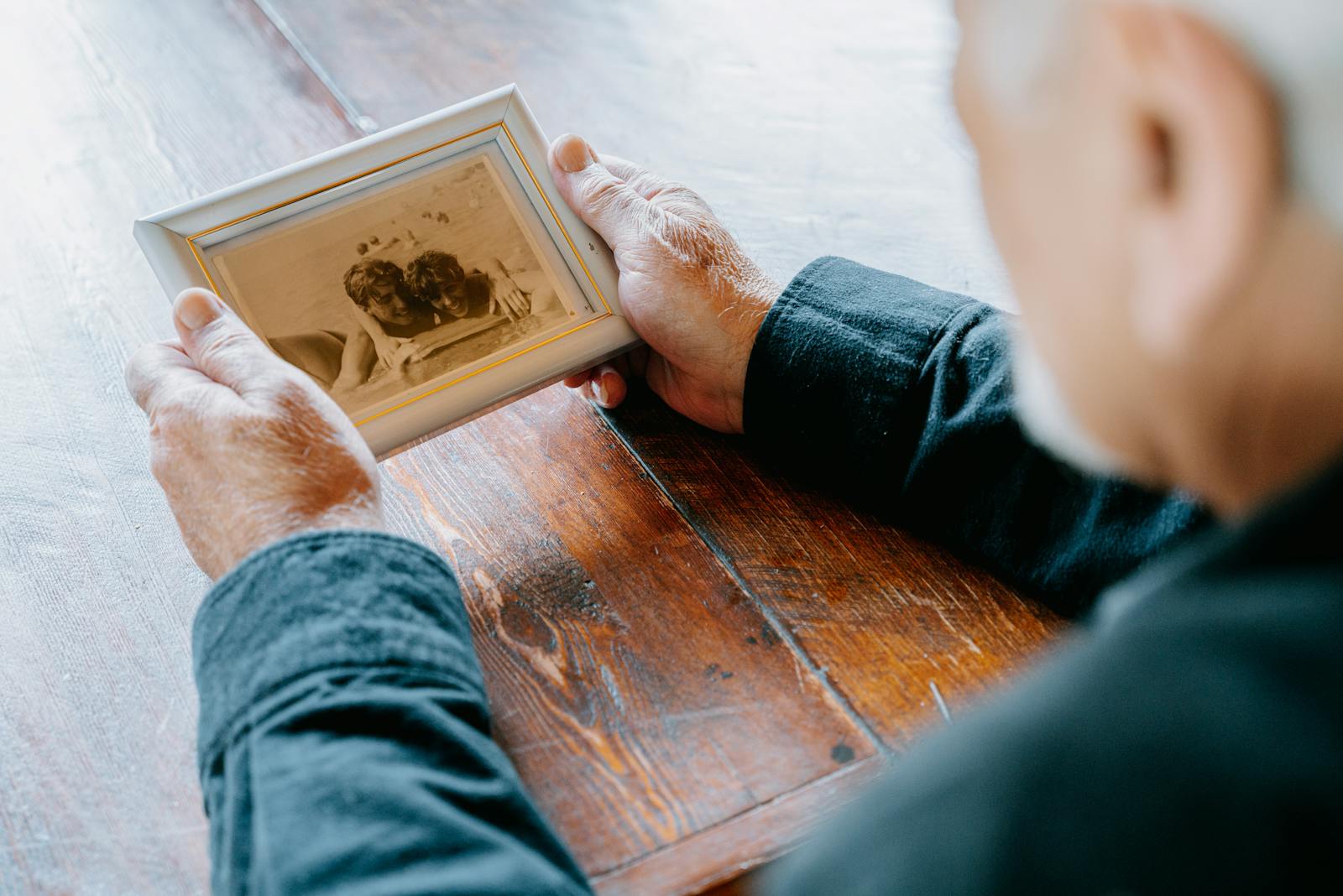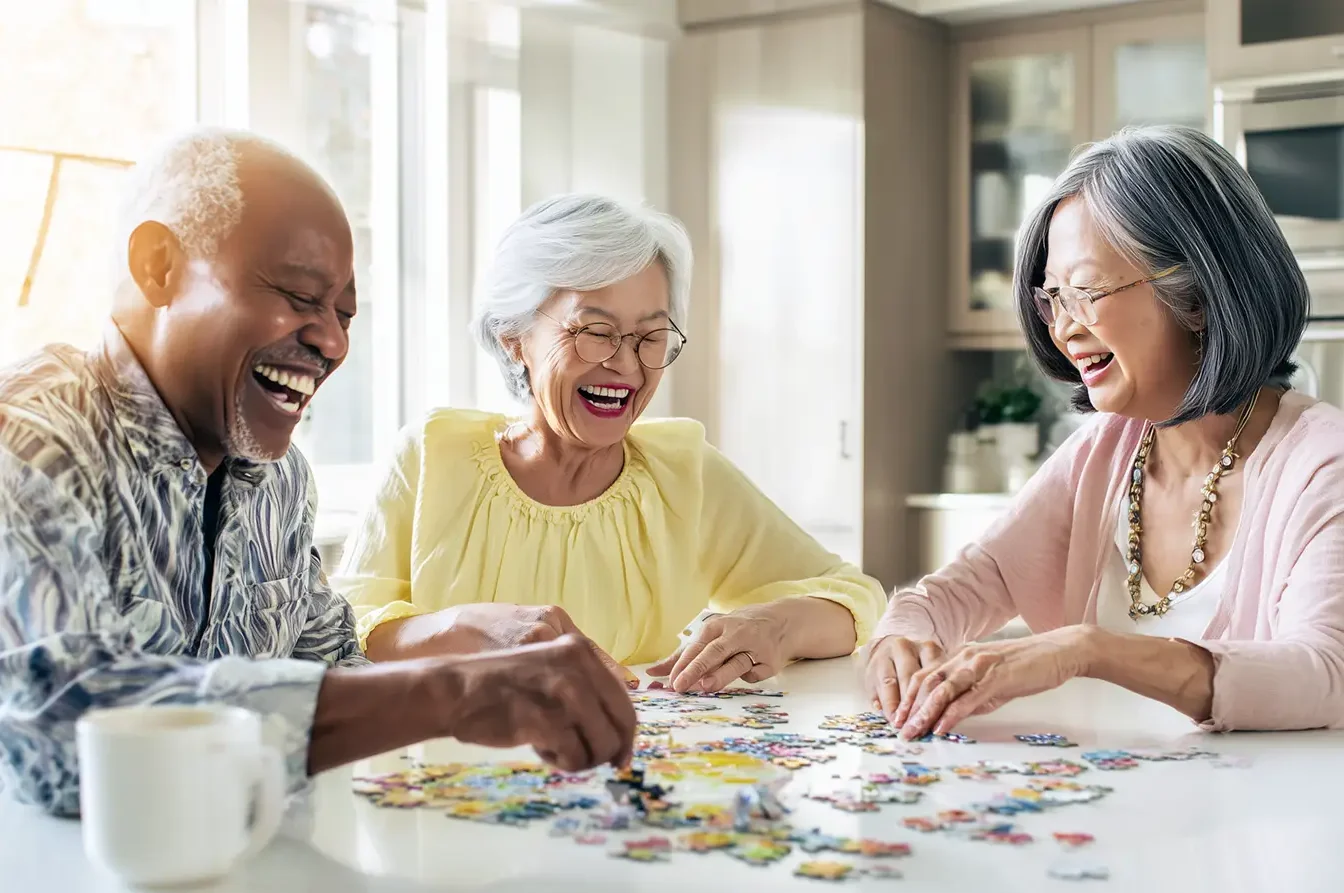
You Will Always Be My Girls
MUSIC VIDEO: Super Bowl Champ Ben Utecht got CTE Dementia at the age of 29. See his song and read how he asks Congress to tackle dementia.

MUSIC VIDEO: Super Bowl Champ Ben Utecht got CTE Dementia at the age of 29. See his song and read how he asks Congress to tackle dementia.

AS PROFESSIONAL sports teams battle concussion-dementia lawsuits, research confirms damage to the brain can persist decades after head trauma. Learn why and what to do.

A new Harvard study of 2,000 former NFL players shows one-third believe they have chronic traumatic encephalopathy (CTE), a neuropathological condition linked to repeated head trauma.

Three important dementia studies focus on HS-AGING, a type of dementia almost as common as Alzheimer’s in the 85+ group. Yet few people have heard of it. Why? What makes it different?
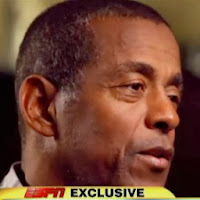
LOOKING BACK: Are concussions a given part of playing hard? Watch football legend Tony Dorsett and his wife share their story.
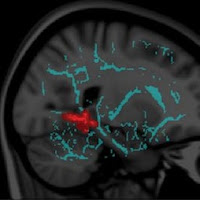
Brain patterns in concussions are similar to patterns seen in Alzheimer’s. Why? The initial traumatic event that caused the concussion may trigger a sequence of degenerative changes in the brain.
With 1.7 million annual concussions in the U.S., learn more about these relevant findings.

NFL researchers find that football players may end up with dementias such as CTE and Alzheimer’s NINETEEN TIMES more often than normal. Watch and learn more.

CONCUSSIONS & DEMENTIA – TED VIDEO: CTE Dementia (Chronic Traumatic Encephalopathy) is a dementia-mystery that Chris Nowinski is solving. See his ground-breaking effort to protect

DIAGNOSIS ARTICLE + VIDEO: The family of major league soccer player Scott Vermillion is speaking out about his posthumous diagnosis of CTE Dementia (chronic traumatic
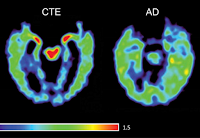
DIAGNOSIS NEWS: CTE dementia can now be diagnosed with certainty. (CTE [Chronic Traumatic Encephalopathy] is caused by blows to the head.) This differs from the

A safer Alzheimer’s treatment may be on the horizon — but families still have meaningful choices today.

The smallest act of kindness is worth more than The grandest intention. Oscar Wilde

Memory failing? New research shows you may need help, but not for dementia. Memory slips, stress and fatigue are growing in people with healthy memory.

Memory failing? New research shows you may need help, but not for dementia. Memory slips, stress and fatigue are growing in people with healthy memory.

People worry about becoming forgetful. Is it the first sign of Alzheimer’s or just the passing years? After all, forgetfulness is a normal part of aging. Check out these quick ways to tell the difference.

Researchers found in a study that people who developed dementia were more likely to have their credit rating drop at least two and a half years before the diagnosis. Some had problems managing their money up to six years before. Find out more.

Scientists say restoring a brain protein, not removing amyloid plaques, should be the target of Alzheimer’s dementia therapies. The researchers said treatment might lie in normalizing the levels of a specific brain protein.
No spam, only news and updates.
